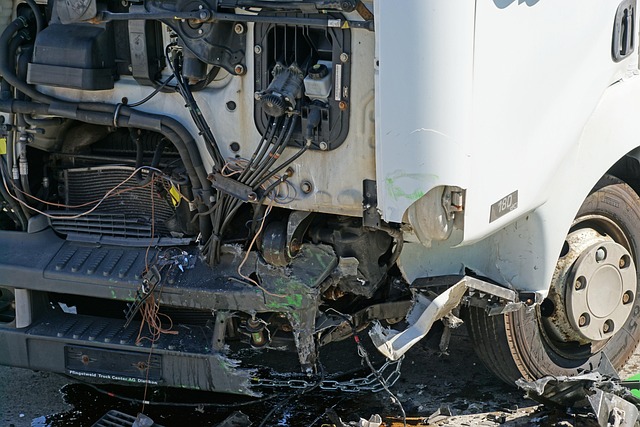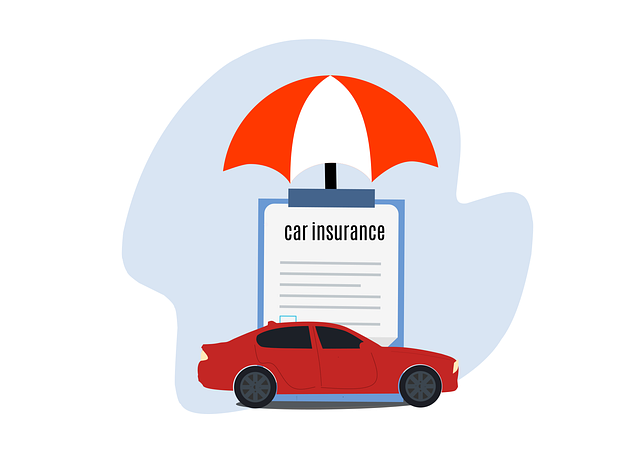Temporary car insurance offers flexible and tailored protection for short-term driving needs, with customizable options like liability, collision, or comprehensive coverage. Ideal for waiting periods, special events, or unique scenarios, it allows drivers to pay only for what they need. Key factors influencing rates include duration, vehicle details, driver's profile, and chosen coverages. Selecting a provider involves assessing specific requirements, comparing policy aspects, and reading customer reviews. Balancing affordability and adequate coverage is crucial to avoid mistakes and ensure peace of mind during temporary driving situations.
In today’s dynamic world, temporary car insurance has emerged as a flexible solution for diverse needs. This article offers a comprehensive guide to Temporary Car Insurance Coverage Options, catering to both short-term and event-specific requirements. We’ll explore the benefits of localized solutions, factors influencing premium rates, and essential tips for choosing the right provider. Learn how to avoid common pitfalls and understand real-world scenarios where temporary auto cover can be invaluable.
Understanding Temporary Car Insurance: A Comprehensive Overview

Temporary car insurance is a flexible and affordable solution for drivers who need coverage for a short period. Unlike traditional auto policies, it’s designed to provide specific time-bound protection without the long-term commitment. This type of insurance can be particularly useful for various scenarios, such as when renting a car, driving a friend’s vehicle, or participating in special events that require temporary transportation.
When considering Temporary Car Insurance Coverage Options, several key elements come into play. These include liability coverage, which protects against damages caused to others; collision insurance, which covers repairs or replacement in case of an accident; and comprehensive coverage, offering protection for a wide range of incidents beyond accidents, like theft or natural disasters. Understanding these options allows drivers to choose the most suitable level of protection based on their temporary needs, ensuring they’re prepared for any unforeseen circumstances while driving.
Types of Coverage: Short-Term and Event-Specific Policies

When considering temporary car insurance, understanding the different coverage options is essential. One key distinction lies in the type of policies available: short-term and event-specific. Short-term policies are ideal for those needing immediate coverage for a set period, such as a few weeks or months. These policies are often used by individuals who have purchased a new car but haven’t yet completed the registration process, or those who require temporary insurance while their primary policy is in between renewals.
Event-specific policies, on the other hand, are designed for one-time or occasional events. This could include situations like driving to another state for a short vacation, renting a car for a special occasion, or participating in a racing event. These policies offer tailored coverage for specific activities, ensuring drivers have the right protection without paying for prolonged or unnecessary insurance.
Benefits of Localized Temporary Auto Insurance

Localized temporary auto insurance offers several benefits for those in need of short-term automotive coverage. One of its key advantages is flexibility; this type of insurance is designed to cater to various situations, whether it’s a quick trip to a neighboring state or covering a project requiring specialized vehicles. Unlike traditional long-term policies, local temporary auto insurance provides a practical and cost-effective solution for specific periods, allowing drivers to avoid unnecessary expenses.
The range of temporary car insurance coverage options is another significant benefit. Policyholders can choose from various levels of protection, including liability, collision, and comprehensive, depending on their needs and budget. This customization ensures that individuals only pay for the coverage they require, making it an attractive option for those seeking minimal yet adequate protection during their temporary automotive needs.
Factors Affecting Premium Rates for Temporary Coverage

When considering temporary car insurance, several factors influence the premium rates offered by insurers. One key factor is the length of the coverage period. Short-term policies generally attract lower premiums as the risk to insurers is reduced during the shorter time frame. Additionally, the type and age of the vehicle play a significant role; newer cars with advanced safety features often command lower rates due to their lower risk profile.
Other considerations include the driver’s age and claims history. Younger drivers or those with a poor driving record might face higher premiums as they are statistically considered higher-risk candidates. Furthermore, temporary insurance policies may offer different coverage options, such as liability-only or comprehensive coverage, which can significantly impact the overall cost. Therefore, understanding these factors is essential when comparing quotes for temporary car insurance to ensure you get the best value for your needs.
Choosing the Right Provider: Tips for Navigating Options

When navigating the world of temporary car insurance, selecting the right provider is a crucial step in ensuring adequate coverage for your short-term automotive needs. Start by evaluating the specific requirements and constraints that define your need for temporary insurance. Do you require daily driving coverage while waiting for your permanent policy to kick in? Or perhaps you’re looking for weekend or occasional use? Understanding these parameters will help in identifying providers who cater to such scenarios, offering tailored packages with flexible policies.
Researching different providers is key; compare their offerings in terms of Temporary Car Insurance Coverage Options. Look into the scope and limitations of each policy, considering factors like duration of coverage, maximum limits, and any exclusions or additional costs. Read reviews from previous customers to gauge their satisfaction levels and reliability. Additionally, consider the convenience of their processes—how easy is it to purchase and renew a policy? Efficient customer support and transparent communication are also valuable assets in your search for the ideal temporary auto insurance provider.
Common Mistakes to Avoid When Buying Short-Term Car Insurance

When purchasing local temporary auto insurance, many individuals make avoidable mistakes that can lead to inadequate coverage or unexpected costs. One common blunder is focusing solely on price, skimping on essential coverage options. While cost-effectiveness is important, sacrificing comprehensive or collision coverage could leave you financially vulnerable in the event of an accident. Remember, temporary car insurance isn’t just about short-term protection; it’s about finding a balance between affordability and sufficient coverage to safeguard your finances.
Another mistake to steer clear of is not understanding the variety of temporary car insurance coverage options available. Different policies cater to distinct needs, such as liability-only for minimal protection or more comprehensive plans including medical payments and roadside assistance. By failing to research these options, you might end up underinsured or overpaying for services you don’t need. Take the time to evaluate your requirements and consult with insurers to select a policy that aligns precisely with your temporary driving needs.
Real-World Scenarios: When and Why You Might Need Temporary Auto Cover

In today’s dynamic world, various real-world scenarios can arise that necessitate temporary auto insurance coverage. Whether it’s a quick trip to a neighboring state, an unexpected business travel demand, or a vacation requiring road transport, having short-term protection is essential. Temporary Car Insurance Coverage Options provide just that—a safety net for specific periods without the commitment of long-term policies. This option is particularly appealing for those who don’t drive frequently or need coverage only during certain seasons.
Additionally, temporary insurance becomes crucial when individuals rent vehicles or borrow cars from friends and family. It ensures that both the renter and the owner are protected in case of accidents or damage, offering peace of mind and financial safeguards. Moreover, specific events like moving to a new city, selling an old vehicle, or awaiting a new car delivery can also prompt the need for temporary auto coverage, ensuring uninterrupted mobility during these transitional phases.
